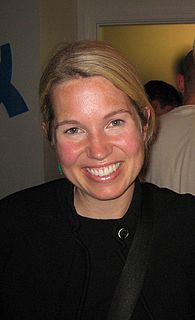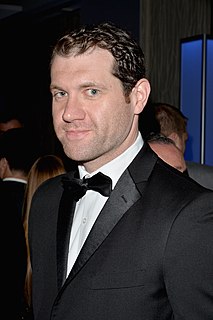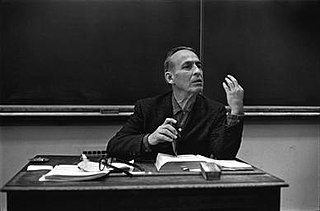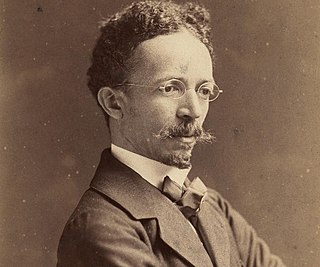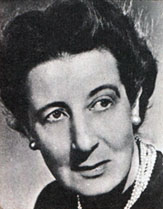A Quote by Mary Steenburgen
I actually believed if I behaved myself and if I made straight A's and if I was good enough, I could save my dad's life. And every single time he had a heart attack, I knew what I had done that caused it.
Related Quotes
My skills weren't that I knew how to design a floppy disk, I knew how to design a printer interface, I knew how to design a modem interface; it was that, when the time came and I had to get one done, I would design my own, fresh, without knowing how other people do it. That was another thing that made me very good. All the best things that I did at Apple came from (a) not having money, and (b) not having done it before, ever. Every single thing that we came out with that was really great, I'd never once done that thing in my life.
When I had finished the book I knew that no matter what Scott did, nor how he behaved, I must know it was like a sickness and be of any help I could to him and try to be a good friend. He had many good, good friends, more than anyone I knew. But I enlisted as one more, whether I could be of any use to him or not. If he could write a book as fine as The Great Gatsby I was sure that he could write an even better one. I did not know Zelda yet, and so I did not know the terrible odds that were against him. But we were to find them out soon enough.
He believed that he must, that he could and would recover the good things, the happy things, the easy tranquil things of life. He had made mistakes, but he could overlook these. He had been a fool, but that could be forgiven. The time wasted--must be relinquished. What else could one do about it? Things were too complex, but they might be reduced to simplicity again. Recovery was possible.
I mean, Dad was one of these people who simply could not lose, you know? He could not stand it when a kid was beating him. He would go crazy when the child came to that moment, which, you know, you have to come to - I mean, Dad played Old Maids like he played football. He just simply had to win every single thing every single time.
I had as yet no notion that life every now and then becomes literature—not for long, of course, but long enough to be what we best remember, and often enough so that what we eventually come to mean by life are those moments when life, instead of going sideways, backwards, forward, or nowhere at all, lines out straight, tense and inevitable, with a complication, climax, and, given some luck, a purgation, as if life had been made and not happened.
Sometimes I knew in all my mind and heart why I had done what I had done, and I welcomed the sacrifice. But there were times too when I lived in a desert and felt no joy and saw no hope and could not remember my old feelings. Then I lived by faith alone, faith without hope. What good did I get from it? I got to have love in my heart.
I was extremely timid and to be made to feel that I was not wanted, although in a place where I had every right to be, even months afterwards caused me sometimes weeks of pain. Every time any one of these disagreeable incidents came into my mind, my heart sank, and I was anew tortured by the thought of what I had endured, almost as much as the incident itself.
Eventually, I sickened of people, myself included, who didn't think enough of themselves to make something of themselves- people who did only what they had to and never what they could have done. I learned from them the infected loneliness that comes at the end of every misspent day. I knew I could do better.
He lifted his gaze to the framed photograph of Tanya and him taken on their wedding day. God, she had been lovely. Her smile had come through her eyes straight from her heart. He had known unequivocally that she loved him. He believed to this day that she had died knowing that he loved her. How could she not know? He had dedicated his life to never letting her doubt it.
He knew by heart every last minute crack on its surface. He had made maps of the ceiling and gone exploring on them; rivers, islands, and continents. He had made guessing games of it and discovered hidden objects; faces, birds, and fishes. He made mathematical calculations of it and rediscovered his childhood; theorems, angles, and triangles. There was practically nothing else he could do but look at it. He hated the sight of it.



